Looking to level up your coaching business? Learning from the industry’s top life coaches can transform your approach and methodology.
In this article, we’ll explore ten standout male coaches who’ve built impressive businesses and developed unique methodologies that create real results.
1. Bob Proctor

Bob Proctor was one of the most respected names in personal development, with over 50 years of experience helping people understand the power of their minds.
Known for his deep understanding of Napoleon Hill’s “Think and Grow Rich,” Proctor built a legacy around teaching the science of getting rich.
Business Model: Bob created a simple but powerful business model around his core message. He offered multiple entry points from books and seminars to high-end coaching programs.
His Proctor Gallagher Institute provided certification programs that created additional revenue streams while spreading his methodology. What made his model work was consistency in message across all platforms.
Coaching Methodology: His approach centered on understanding paradigms and how they control behavior. Bob taught that changing your paradigm is the key to changing results.
His methodology focused on:
- Understanding the conscious and subconscious mind
- Identifying and shifting limiting paradigms
- Applying universal laws to achieve goals
- Developing unwavering faith in your abilities
Visit proctorgallagherinstitute.com to study his systematic approach to mindset transformation.
2. Tony Robbins

Tony Robbins stands as one of the most recognized figures in personal development, with over 45 years of experience transforming lives through his unique blend of psychology, physiology, and massive action.
He’s coached everyone from Bill Clinton to Marc Benioff and has helped them achieve peak performance.
Business Model: Tony’s business model works because of its multi-tiered approach to client development. He creates entry points at various price levels from free content to $10,000+ premium experiences.
This allows clients to engage at their comfort level before moving to higher-value offerings.
His ecosystem includes:
- Books and audio programs
- Virtual coaching and online courses
- Live events and seminars
- Elite mastermind groups and private coaching
Coaching Methodology: Tony’s breakthrough approach combines Neuro-Linguistic Programming, cognitive psychology, and physiology to create lasting change.
His coaching philosophy centers on the belief that progress equals happiness and that taking massive action is the key to transformation. This methodology is systematic and teachable, which is crucial for any coach looking to scale.
Visit tonyrobbins.com to study his business structure and client journey mapping.
3. Jason Goldberg

Jason Goldberg has built a reputation as a coach who helps high-achievers break through to their next level of success.
With a background in business and personal development, he focuses on helping entrepreneurs and executives optimize their performance while maintaining balance.
Business Model: Jason has built his business around serving a specific niche of high-performing entrepreneurs. His model combines:
- One-on-one executive coaching
- Group mastermind programs
- Speaking engagements and workshops
- Digital courses and resources
His approach shows how focusing on a specific audience can create a more profitable and sustainable coaching business.
Coaching Methodology: Jason’s coaching methodology focuses on sustainable high performance. He helps clients identify what’s really driving them and align their actions with their deeper values.
His approach includes:
- Clarifying vision and purpose
- Optimizing energy and focus
- Building sustainable success habits
- Creating accountability systems
Learn more about his approach to executive coaching at thejasongoldberg.com.
4. Brendon Burchard
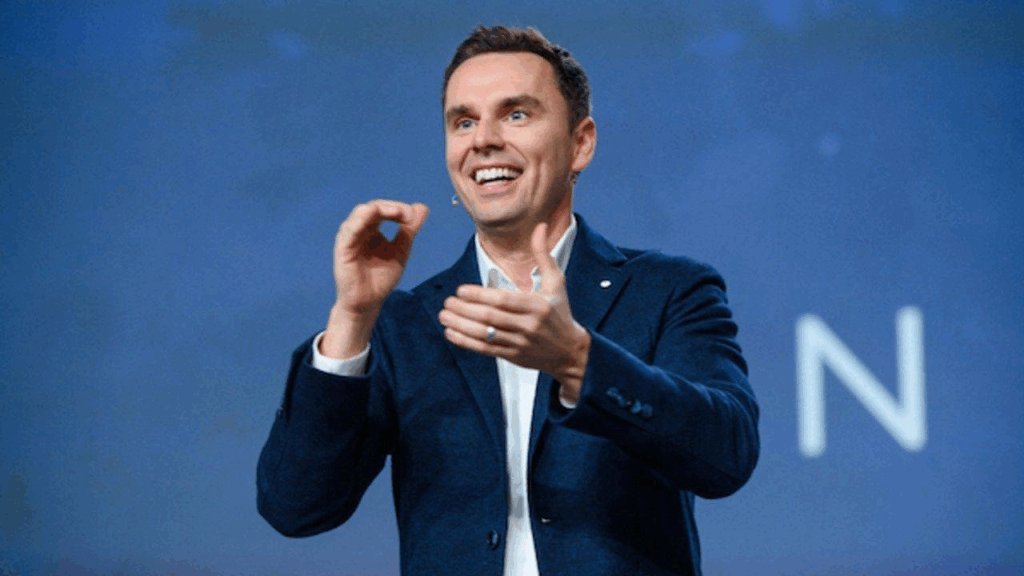
Brendon Burchard has earned recognition from Forbes as the world’s leading high-performance coach. His systematic approach to achieving sustained success has helped millions develop the habits and mindset needed to excel.
With over 6 million online followers, Brendon demonstrates how digital platforms can democratize access to world-class coaching.
Business Model: Brendon pioneered the digital-first coaching model, building a multimillion-dollar enterprise through strategic content creation.
His business combines:
- Membership programs (GrowthDay)
- Certification programs (High Performance Coaching)
- Digital courses and online training
- Virtual events and masterclasses
By focusing on scalable products while maintaining high-touch experiences, he’s created a sustainable business that doesn’t rely on his constant presence.
Coaching Methodology: His High Performance Habits methodology focuses on six key pillars:
- Clarity
- Energy
- Necessity
- Productivity
- Influence
- Courage
This framework is teachable, repeatable, and adaptable across industries. What makes it powerful is how it addresses both mindset and practical action steps.
Explore his approach to coach certification and digital business building at brendon.com.
5. Adam Jablin
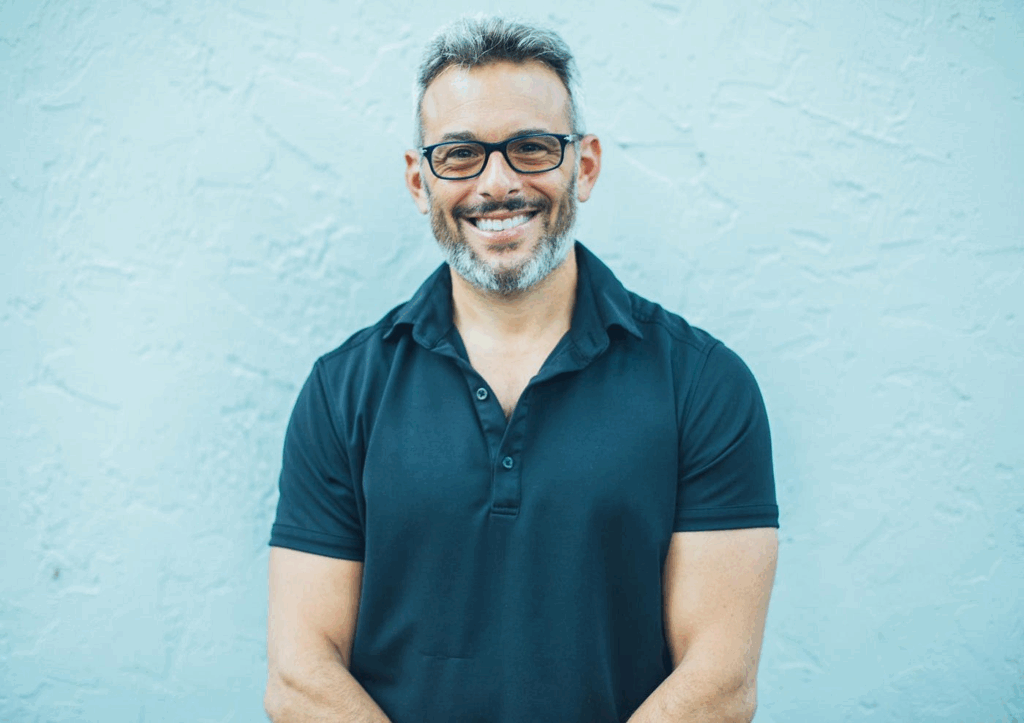
Adam Jablin brings a powerful combination of recovery expertise and high-performance coaching to help men awaken their “inner hero.”
A former VP in his family’s business who overcame 15+ years of alcoholism (sober since July 14, 2006), Adam understands firsthand the journey from rock bottom to peak performance.
Business Model: Adam has created a distinctive business model by combining free courses (The Hero 7) with premium coaching programs. This approach allows him to create trust and demonstrate value before asking for significant investment.
His business includes:
- Free entry-level courses and content
- Group coaching programs
- One-on-one premium coaching
- Speaking and workshop opportunities
His business leverages his authentic recovery journey as a differentiation point, showing how personal experience can become a business advantage.
Coaching Methodology: His Hero Project methodology integrates mental, physical, spiritual, emotional, and financial health into a comprehensive transformation system.
Using superhero metaphors and recovery principles, Adam helps clients:
- Break free from addiction and limiting beliefs
- Build unshakeable confidence and self-worth
- Create sustainable success habits
- Develop emotional resilience and mental toughness
Study his approach to creating entry-level and premium offerings at adamjablin.com.
6. Robin Sharma
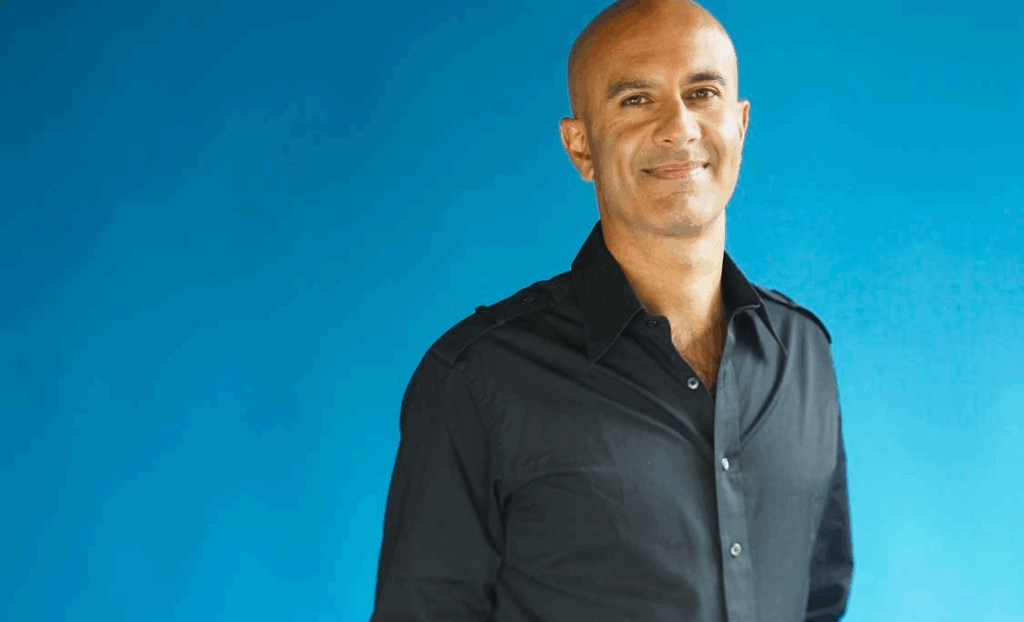
Robin Sharma is a globally respected leadership expert and the author of “The Monk Who Sold His Ferrari.”
With over 25 years of experience, he’s worked with Fortune 500 companies and helped millions of people worldwide optimize their potential and lead extraordinary lives.
Business Model: Robin has built a global brand around leadership development and personal mastery. His business model includes:
- Bestselling books translated into multiple languages
- Corporate leadership training and consulting
- Public speaking and keynote presentations
- Online courses and digital programs
- Elite mentorship programs
His approach shows how thought leadership through writing can create a platform for multiple revenue streams.
Coaching Methodology: Robin’s methodology focuses on what he calls “legendary leadership” and personal mastery. His approach combines ancient wisdom with modern success principles.
Key elements include:
- The 5 AM Club morning routine for peak performance
- Personal mastery through daily disciplines
- Leadership principles that create a lasting impact
- Balancing success with significance and fulfillment
Learn from his leadership development approach at robinsharma.com.
7. Rick William
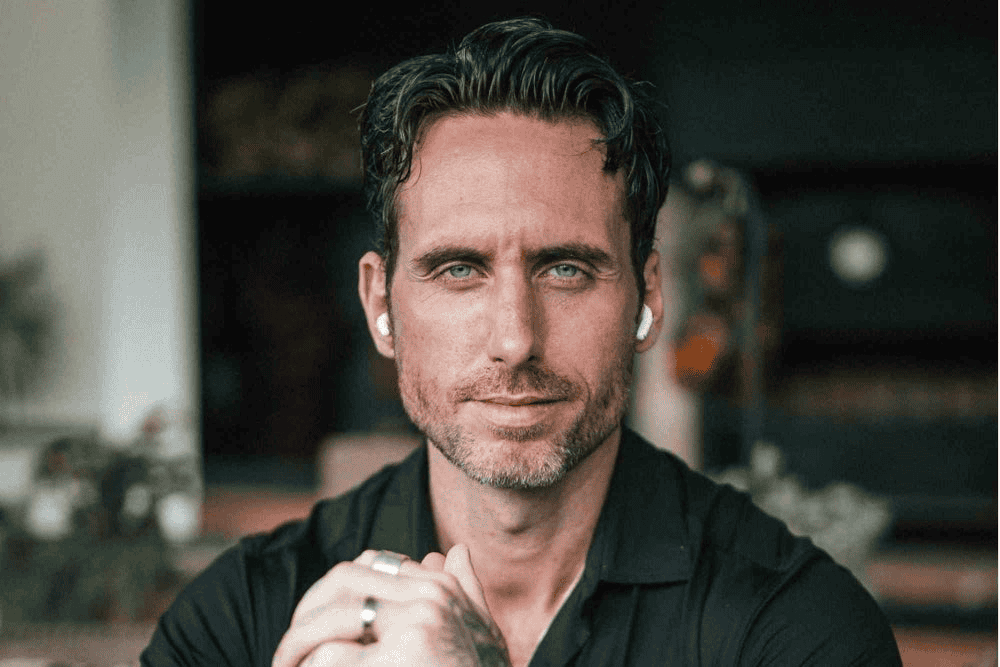
Rick William represents the cutting edge of male coaching by integrating neuroscience, particularly polyvagal theory and nervous system regulation, with traditional business coaching.
The former CEO of one of the UK’s fastest-growing fitness companies experienced his own transformation after burning out from empty success.
Business Model: Now based in Costa Rica, Rick has built a location-independent coaching business that leverages his lifestyle as part of his brand. His approach demonstrates how coaches can create immersive experiences that showcase their values.
His business combines:
- Digital tools and apps (The Toolbox)
- High-ticket personal mentoring programs
- Online courses and group coaching
- Retreat experiences and immersive programs
Coaching Methodology: Rick helps high-performing men create genuine fulfillment by mastering their emotional intelligence and nervous system responses.
His multi-modality approach combines:
- Western and Eastern psychology principles
- Breathwork and nervous system regulation
- Practical business strategies and goal achievement
- Lifestyle design and work-life integration
Find out more about his story and coaching at rickwilliam.com.
8. Michael Neill

Michael Neill is a bestselling author and transformative coach who specializes in helping people discover their innate wisdom and well-being.
Known for his Three Principles approach, Michael has spent over 25 years helping people transform their lives through understanding the nature of thought.
Business Model: Michael has built his business around a unique philosophical approach that differentiates him in the crowded coaching market.
His model includes:
- Books and written content that establish thought leadership
- Training programs for coaches and practitioners
- Corporate consulting and speaking
- One-on-one coaching for select clients
His business shows how developing a unique philosophical framework can create a sustainable competitive advantage.
Coaching Methodology: Michael’s approach is based on the Three Principles of Mind, Consciousness, and Thought.
Rather than focusing on techniques and strategies, he helps clients understand:
- How their experience is created from the inside out
- The illusory nature of limiting thoughts and beliefs
- How to access their natural state of well-being and wisdom
- The difference between personal thinking and universal wisdom
Explore his transformative approach at michaelneill.org.
9. Steve Chandler
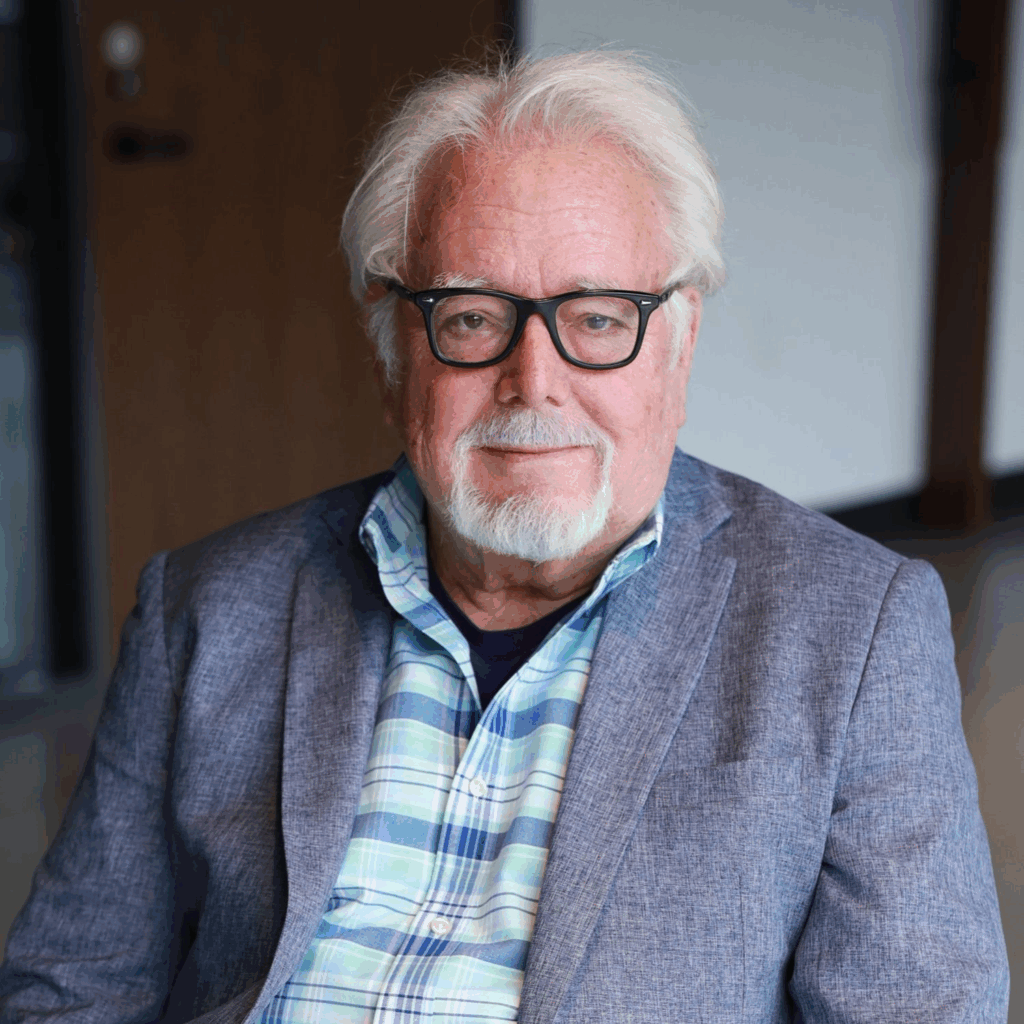
Steve Chandler is a renowned business coach and author of over 30 books who has trained thousands of coaches and consultants.
Known for his direct, no-nonsense approach, Steve focuses on helping coaches build profitable practices while serving their clients at the highest level.
Business Model: Steve has built his reputation as a “coach’s coach,” creating multiple revenue streams around training other professionals.
His business includes:
- Coach training and certification programs
- Business coaching for consultants and coaches
- Speaking engagements and workshops
- Prolific book publishing and content creation
His model demonstrates how becoming known as an expert in your field can create premium opportunities and higher-value clients.
Coaching Methodology: Steve’s coaching philosophy centers on personal responsibility and direct action. His approach cuts through theory to focus on practical results.
Key elements include:
- Taking immediate action rather than endless planning
- Personal responsibility for all outcomes and experiences
- Building confidence through competence and skill development
- Creating systematic approaches to client acquisition and retention
Learn from his practical life and business-building approach at stevechandler.com.
10. Ed Mylett
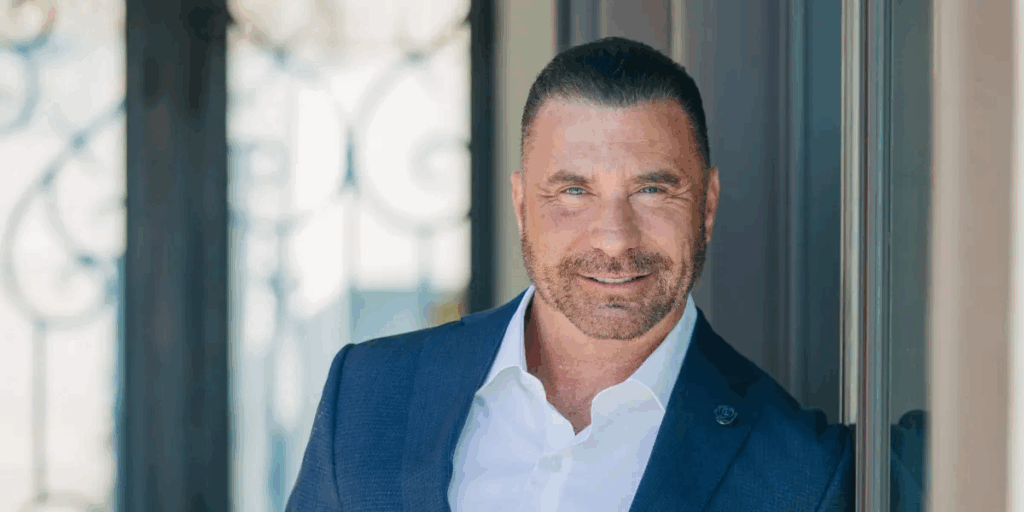
Ed Mylett is a peak performance expert, entrepreneur, and host of “The Ed Mylett Show,” one of the top business podcasts in the world.
Having built multiple successful businesses and overcome personal challenges, Ed helps high-achievers maximize their potential in all areas of life.
Business Model: Ed has leveraged his business success and personal story to build a media and coaching empire. His business model includes:
- Popular podcast with millions of downloads
- Speaking engagements and corporate training
- Mastermind programs and group coaching
- Book publishing and digital content
- Strategic partnerships and collaborations
His approach shows how media and content creation can amplify coaching reach and create multiple income streams.
Coaching Methodology: Ed’s methodology focuses on what he calls “max out” principles for achieving peak performance. His approach combines practical strategies with mindset work:
- Time and energy optimization techniques
- Identity shifting and self-image work
- Goal setting and achievement systems
- Building unshakeable confidence and belief
Visit edmylett.com to study his approach to content creation and audience building.
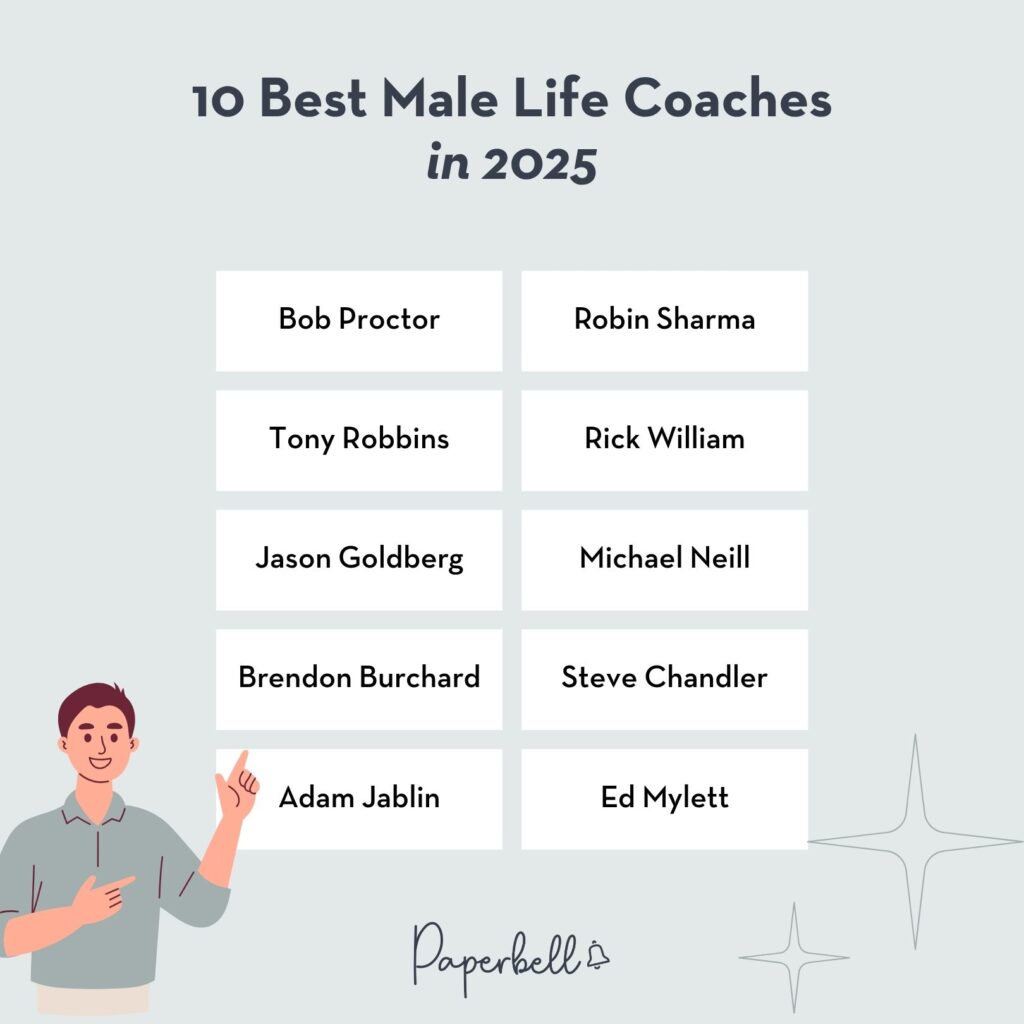
Business Lessons from the Top Male Coaches
Studying these standout coaches reveals several key patterns that emerging and established coaches can implement:
1. Methodology Development
The most successful coaches have created clear, proprietary methodologies that solve specific problems:
- Systematize your approach by documenting your coaching process step-by-step.
- Create memorable frameworks using acronyms, numbers, or metaphors.
- Test and refine by gathering client feedback to continuously improve your methodology.
- Make your approach teachable so others can learn and implement it.
2. Business Model Innovation
Top coaches don’t rely solely on one-on-one sessions. Here’s what else you can try:
- Create multiple entry points by offering free, low, medium, and premium price points.
- Develop scalable products like courses, memberships, and group programs to expand reach.
- Build ascending value ladders that guide clients from initial touchpoints to comprehensive solutions.
- Leverage your expertise to train other coaches and create additional revenue streams.
3. Brand Differentiation
Each successful coach has carved out a distinctive position by building a personal coaching brand. Try to:
- Leverage authentic experiences as your personal journey often contains your most powerful differentiator.
- Choose a specific audience and narrow your focus to stand out in the market.
- Develop a signature communication style that makes your voice instantly recognizable.
- Create philosophical frameworks that set you apart from other coaches.
4. Strategic Content Creation
When done right, content can serve as both marketing and pre-coaching:
- Create multi-channel content across blogs, podcasts, videos, and social media.
- Balance free and premium content to establish credibility without giving everything away.
- Document your thinking and share evolving ideas to build thought leadership.
- Use content to demonstrate your methodology and approach before clients hire you.
5. Niche Specialization
Many of these coaches found success by focusing on specific coaching niches:
- Bob Proctor specialized in paradigm-shifting and wealth consciousness.
- Adam Jablin focuses on men overcoming addiction and finding purpose.
- Steve Chandler became known as the “coach’s coach.”
- Rick William works specifically with high-performing men seeking fulfillment.
This specialization allows for deeper expertise, higher fees, and more targeted marketing.
Best Male Life Coaches FAQ
How did these top coaches initially acquire clients?
Most started with direct outreach and relationship building. Tony Robbins began with local workshops, Brendon Burchard with free webinars, and many others through speaking and creating valuable content. Nearly all began with high-touch, low-scale approaches before developing their scalable models.
What pricing models do successful male coaches use?
Top coaches typically implement tiered pricing structures. Entry offers range from $50-500, mid-tier programs from $1,000-5,000, and premium experiences from $10,000-100,000+. Many combine one-time purchases with subscription models for consistent cash flow.
How much of their business comes from one-on-one coaching versus other revenue streams?
For established coaches, 1-1 work typically represents less than 20% of revenue. Digital products, group programs, certifications, and speaking often constitute the majority of income. But most maintained high-ticket individual coaching as their foundation while building these additional streams.
How can I develop my own signature methodology like these coaches?
Start by documenting your current approach with clients. Identify patterns in your most successful engagements. Name your process steps and organize them into a coherent framework. Test with clients, refine based on results, and gradually formalize your methodology through content and client work.
What marketing channels have been most effective for top male coaches?
Most successful coaches leverage multiple channels, but speaking (virtual and in-person) has been consistently powerful. Books have launched many coaching careers, while podcasts and video content create ongoing visibility.
Building Your Coaching Business: Next Steps
The world’s best male coaches didn’t build their businesses overnight. Each started with a passion, developed a unique approach, and consistently showed up for their clients while growing their visibility one step at a time.
What’s most inspiring about these coaching powerhouses isn’t just their impressive follower counts or income. It’s how they’ve created transformational methodologies that genuinely change lives.
As you build your own coaching practice, focus first on developing your distinctive methodology and delivering exceptional client results. With a proven approach and happy clients, the business foundations become much easier to establish.
Ready to streamline your coaching business like the pros? Paperbell makes it simple to manage your coaching business with all-in-one scheduling, payment processing, and client management tools designed specifically for coaches.
For beginning and established coaches alike, Paperbell provides the infrastructure you need to focus on transforming lives while it handles the business details.
Try Paperbell for free today to see for yourself how you can build a thriving coaching practice with ease.










